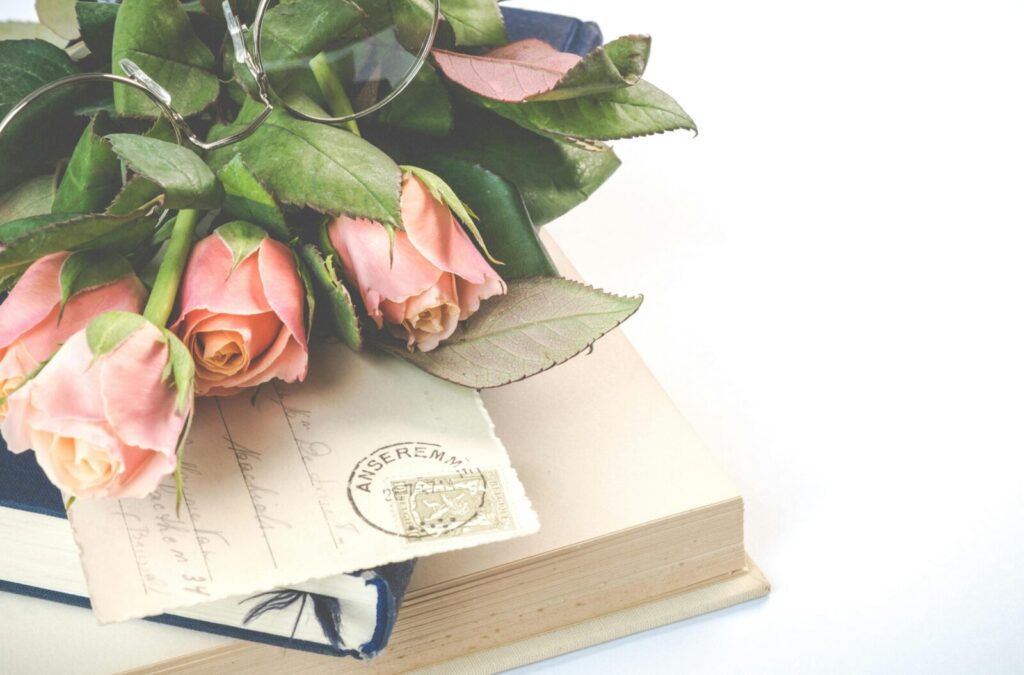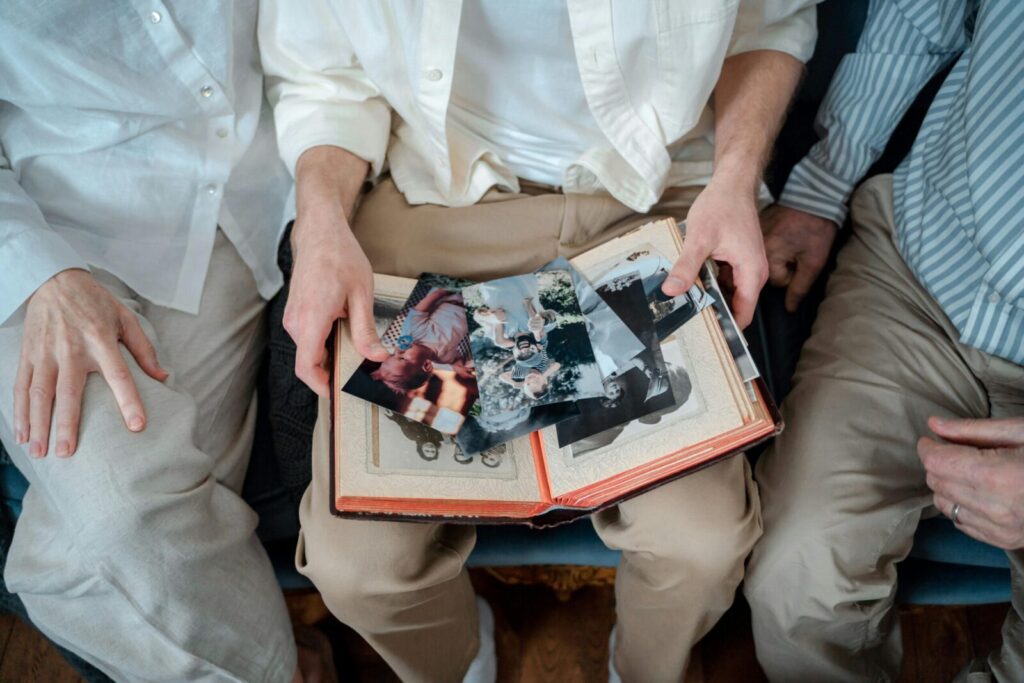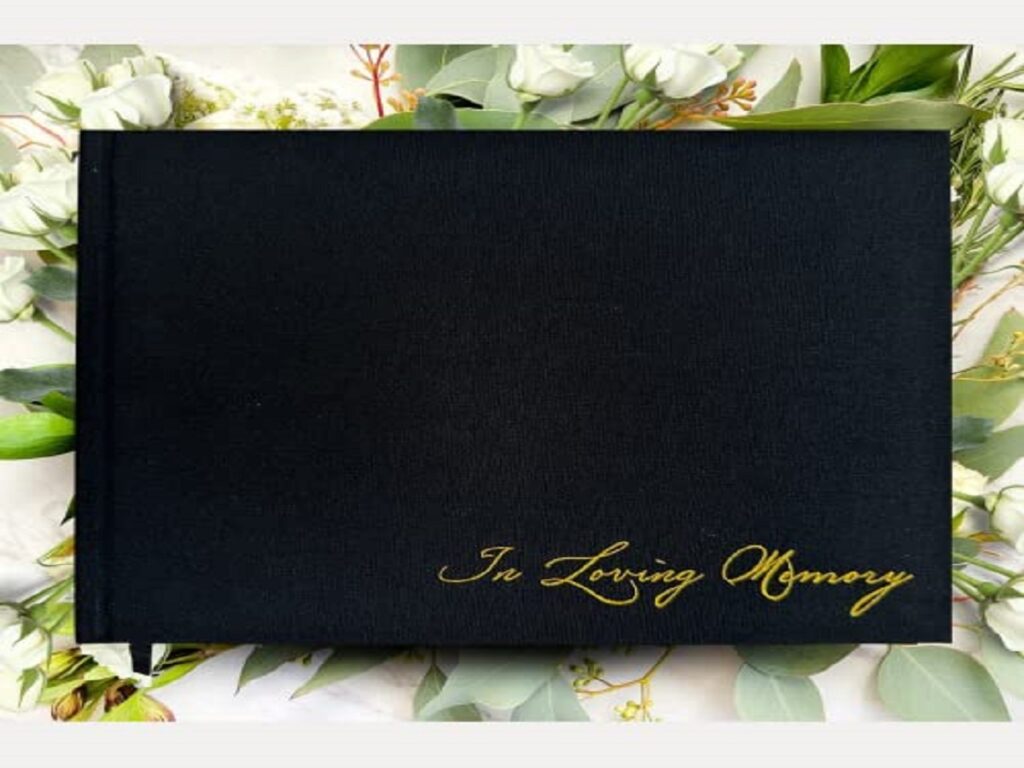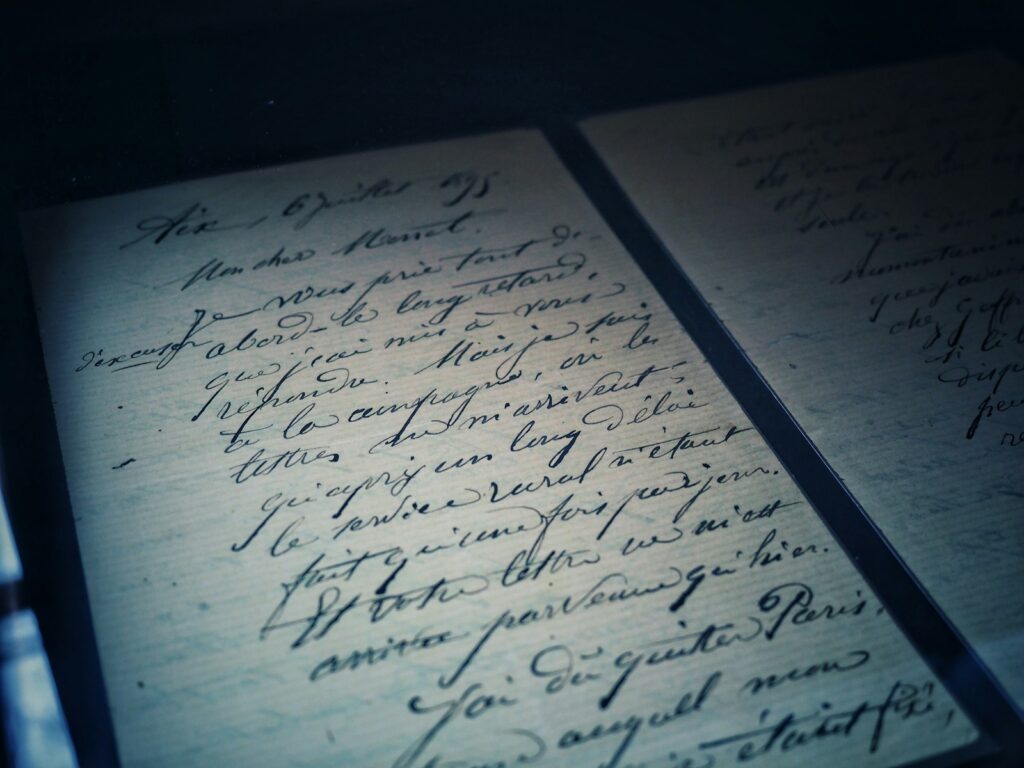Losing a loved one is one of life’s deepest pains, and when the funeral ends, we’re often left surrounded by objects that hold heavy emotions. While it might feel tempting to clear everything quickly in an effort to move forward, certain items deserve to stay. These keepsakes don’t just preserve memories; they carry stories, love, and the essence of who that person was. Holding onto them can provide comfort, connection, and healing during the long process of grief that follows.
1. The Funeral Program

The funeral program is often the most personal record of the service; it includes the person’s name, life dates, order of events, and sometimes heartfelt tributes or poems. It’s not just paper; it’s a timeline of love shared by everyone who came to say goodbye. Keeping it can serve as a physical link to that day and a way to share their story with future generations. Many families later frame or laminate these programs as a lasting tribute in memory boxes or photo albums.
2. Sympathy Cards and Letters

Sympathy cards may seem simple, but each one contains words of comfort written during your hardest days. They remind you that others shared in your loss and cared deeply. Many people find reading these messages years later to be unexpectedly healing. Rather than tossing them, consider bundling them with a ribbon or storing them in a keepsake box. These notes can later become precious reminders of kindness when grief feels overwhelming or distant memories fade.
3. Photographs from the Funeral or Gathering

Though photos taken around the time of a funeral may feel too raw at first, they hold unique emotional weight. They capture the presence of family members united in love and remembrance moments of support that show strength in sorrow. In time, these pictures often become treasured because they reflect a sense of togetherness and continuity. Keep them in a separate album labeled gently for remembrance, to revisit when healing feels possible again.
4. Memorial Guest Book

A funeral guest book might seem like just a list of names, but each signature carries personal meaning. It documents everyone who stood beside your family in that fragile time. Many entries include short notes, prayers, or memories that you might have missed in your grief. Preserving this book gives future generations a glimpse into how deeply your loved one was cherished. Later, reading through it can renew a sense of warmth and connection long after the service ends.
5. Flowers or Petals from the Service

Funeral flowers fade quickly, but their symbolism doesn’t. Drying a few petals or pressing a bloom between pages preserves their beauty and significance. These flowers once surrounded your loved one with care and farewell. Some families turn dried petals into keepsake jewelry, bookmarks, or framed art as a gentle tribute. Instead of discarding them, saving even a handful can help transform fleeting beauty into something everlasting and deeply personal to remember them by.
6. Personal Notes or Eulogies

Whether handwritten or printed, eulogies and personal notes shared during the funeral are heartfelt reflections of a life well-lived. They carry genuine emotion and capture the essence of the person better than any photograph could. These words represent how others saw your loved one and how their spirit touched lives. Keeping them in a binder or folder ensures that their story continues to be told authentically by the people who knew and loved them most.
7. Small Mementos from the Casket or Memorial Table

Items like prayer cards, candles, ribbons, or even the memorial ribbon from the casket arrangement often hold more emotional weight than we realize. They symbolize your loved one’s farewell and can serve as comforting physical connections later. You might use them to create a shadow box or small display in your home. Keeping one or two tangible tokens from that day helps maintain a quiet sense of closeness, grounding grief in something meaningful and lasting.
8. Clothing or Accessories Worn That Day

It’s natural to want to distance yourself from reminders of sorrow, but certain clothing items, like a shawl, tie, or piece of jewelry worn to the funeral, can hold sentimental strength. They often absorb the emotions and memories of that moment. Over time, these items become quiet reminders of love and endurance. Storing them safely or even repurposing them into something comforting, like a memory pillow or quilt, can bring solace when words no longer do.
Comments